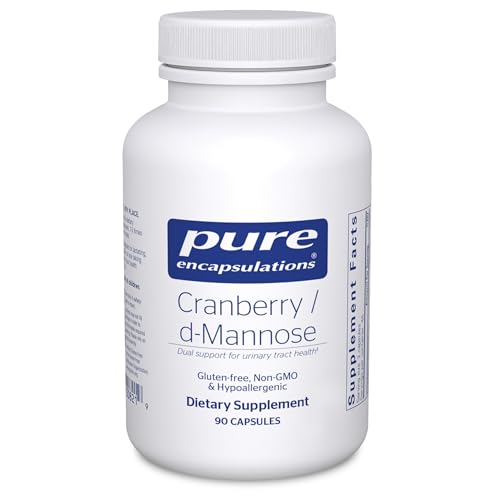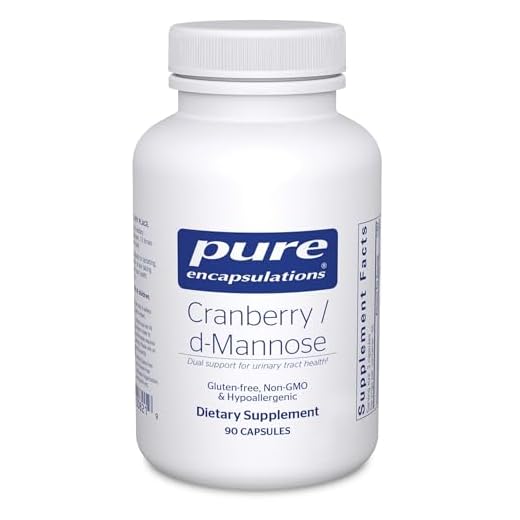

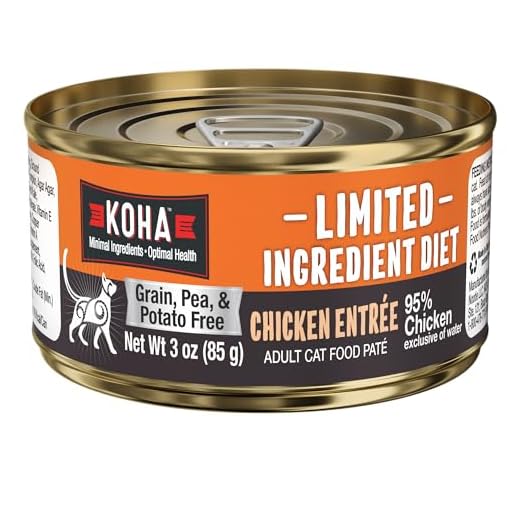

Hydration is key! Ensure a fresh supply of water is always available. Wet food can also significantly help by increasing fluid intake. Look for high-quality, moisture-rich options that are specifically formulated to support urinary health.
Consider adding a veterinary-recommended supplement that contains ingredients like cranberry extract, which can promote urinary tract comfort. Always check with a professional before introducing any new products to ensure they are suitable.
Regular bathroom breaks are essential. Monitor litter box habits closely for any changes. If there are signs of straining or discomfort, immediate veterinary attention is necessary.
Stress management plays a role as well. Create a calm environment with plenty of cozy spots for relaxation. Engaging in gentle play can help alleviate anxiety, contributing to overall well-being.
What to Administer for a Feline Urinary Issue
First off, increasing water intake is crucial. Wet food can be a game changer, as it adds moisture to their diet. Consider offering a fountain; many of us enjoy running water, making it enticing to drink more.
Herbal remedies like cranberry extract may help some felines. This can be added to their water or food, but always check with a vet first to ensure it’s safe for your specific buddy.
Prescription Medications
Sometimes, doctors recommend antibiotics to tackle bacterial causes. Pain relief medications can also be necessary to ease discomfort. Always follow the vet’s guidance regarding dosages and duration.
Dietary Adjustments
Specialized diets designed for urinary health can make a significant difference. Look for formulations that promote urinary tract wellness. These often help dissolve crystals and maintain a proper pH balance in the urine.
Understanding Urinary Tract Infections in Cats
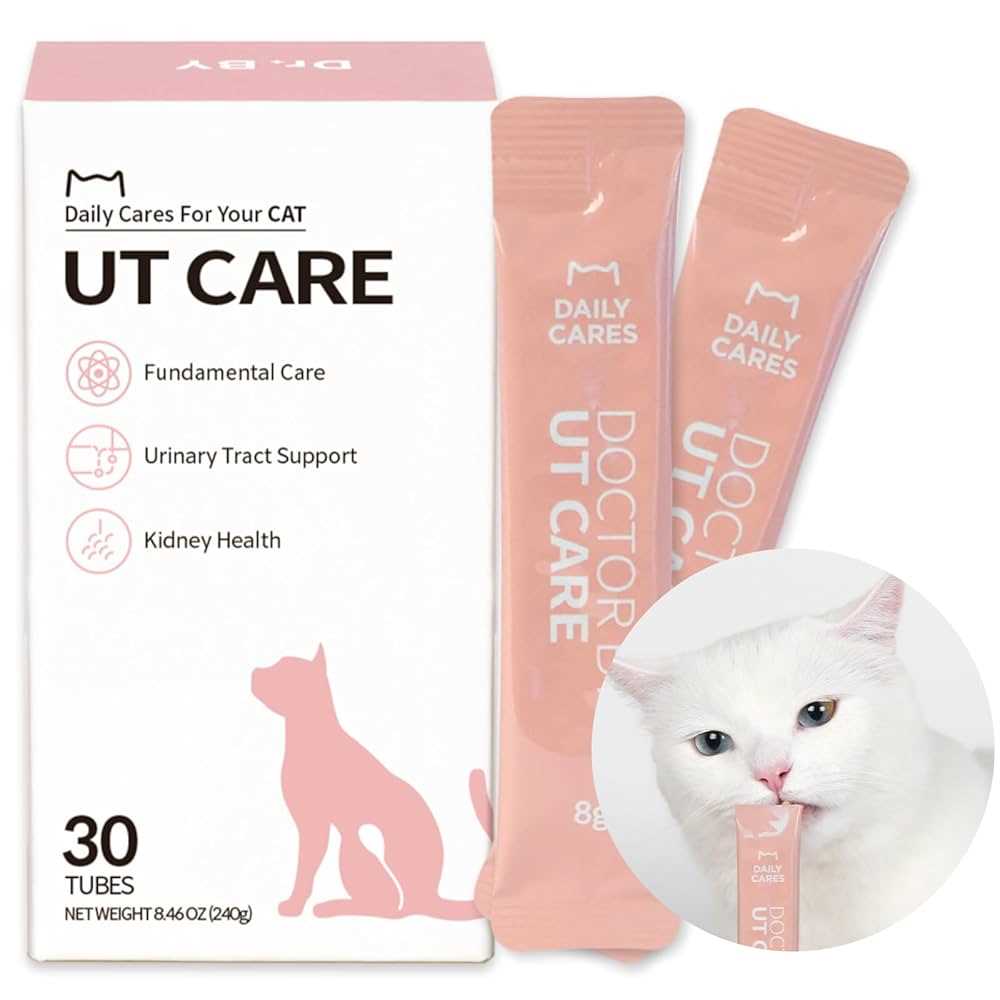
Frequent urination, straining, or blood in the urine are signs that something may be wrong. It’s essential to consult a veterinarian for an accurate diagnosis. Bacterial infections, bladder stones, or inflammation are common culprits behind these issues.
Symptoms to Watch For
Pay attention to changes in behavior. Excessive licking of the genital area, vocalizing during urination, or hiding can indicate discomfort. Keeping track of water intake and noting any unusual habits helps in assessing the situation.
Preventive Measures
Ensuring access to fresh water is crucial. A proper diet, rich in moisture, can aid in preventing these problems. Regular vet check-ups and maintaining a stress-free environment contribute significantly to overall health and well-being.
Common Symptoms to Look For
Pay attention to the following signs that might indicate discomfort:
- Frequent trips to the litter box, often with little output.
- Straining or crying during urination.
- Blood in urine or a change in color.
- Excessive grooming of the genital area.
- Loss of appetite or changes in eating habits.
- Increased vocalization or signs of distress.
- Changes in behavior, such as hiding or lethargy.
Monitoring these symptoms closely is critical. If any of these occur, seek veterinary advice without delay.
Recommended Dietary Changes
Switching to a high-moisture diet is a priority. Incorporating wet food into meals increases water intake, which helps dilute urine and flush out the system. Opt for premium canned options, like the best canned cat food for senior cats, specifically formulated for urinary health.
Focus on Ingredients
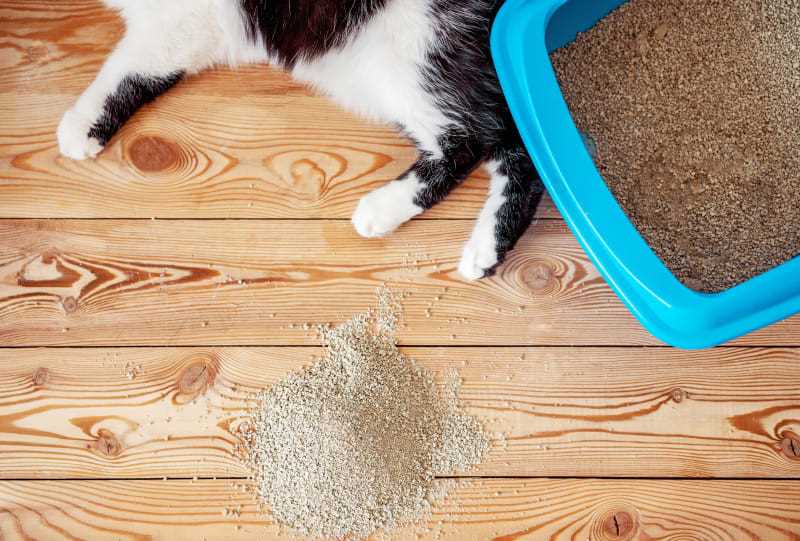
Choose formulations rich in protein and low in carbohydrates. Ingredients such as chicken, turkey, or fish should be primary, as they support muscle health while being easier to digest. Avoid fillers like corn and wheat, which can contribute to inflammation.
Consider Supplements
Incorporate omega-3 fatty acids to reduce inflammation. Fish oil is a great option. Additionally, cranberries or D-mannose may help maintain urinary tract wellness. Always consult with a vet before introducing new supplements to ensure they fit your kitty’s specific needs.
Over-the-Counter Supplements for Relief
For those looking to ease discomfort associated with urinary issues, several over-the-counter options exist. I’ve found that certain supplements can provide relief and support overall health.
Cranberry Extract
Cranberry is well-known for its role in urinary health. It contains compounds that may prevent bacteria from adhering to the bladder wall. Look for pure cranberry extract without added sugars or fillers. Dosage often depends on the product, so refer to the label.
Probiotics
Incorporating probiotics into the diet can help maintain a balanced gut flora, which is crucial for a healthy immune system. These supplements can support urinary health by promoting the growth of beneficial bacteria. Choose a product specifically formulated for pets and follow the recommended dosage.
| Supplement | Benefits | Dosage |
|---|---|---|
| Cranberry Extract | Prevents bacteria from sticking to the bladder | Follow product instructions |
| Probiotics | Supports gut health and immune function | Refer to the label for specifics |
Always consult with a veterinarian before introducing any new supplement to ensure it’s suitable for individual conditions. For further information on other topics, check out this link: can i wash my car with high pressure washer.
When to Consult a Veterinarian
If blood appears in the urine, it’s time to seek professional help immediately. This symptom often indicates a serious condition requiring prompt attention.
Persistent straining to urinate or producing little to no urine is another critical sign. This could suggest a blockage, which can be life-threatening.
Changes in behavior, such as increased vocalization, hiding, or showing signs of pain, are also red flags. If I seem more irritable than usual, don’t hesitate to reach out to a vet.
Loss of appetite or excessive drinking may indicate underlying health issues. If I stop eating or start drinking more than normal, a consultation is warranted.
Monitor any sudden weight loss or lethargy. These symptoms can signify more severe problems that need a veterinarian’s expertise.
Remember, early intervention often leads to better outcomes. If you’re unsure, it’s always safer to consult with a veterinary professional for guidance.
Preventative Measures for Future Infections
Ensure plenty of fresh water is accessible every day. Hydration helps dilute urine and flush out possible irritants. Consider using a water fountain; it encourages drinking due to the flowing water.
Regularly clean the litter box. A clean environment reduces stress and avoids unwanted bacteria growth. Use unscented litter to prevent irritation.
Incorporate a balanced diet rich in moisture. Wet food can significantly improve hydration levels. Look for high-quality brands specifically formulated for urinary health.
Maintain a healthy weight. Obesity can contribute to various health issues, including those affecting the urinary system. Regular playtime keeps me active and helps manage weight.
Consider regular veterinary check-ups. Routine examinations can detect any underlying issues early, allowing for timely intervention.
Avoid stressors in the home. Stress can trigger urinary problems. Create a calm and secure environment with plenty of cozy resting spots.
Incorporate natural supplements if recommended by a vet. Certain herbs may support bladder health and reduce inflammation.
Monitor litter box habits. Keep an eye on frequency and consistency; any changes might signal an issue needing attention.

